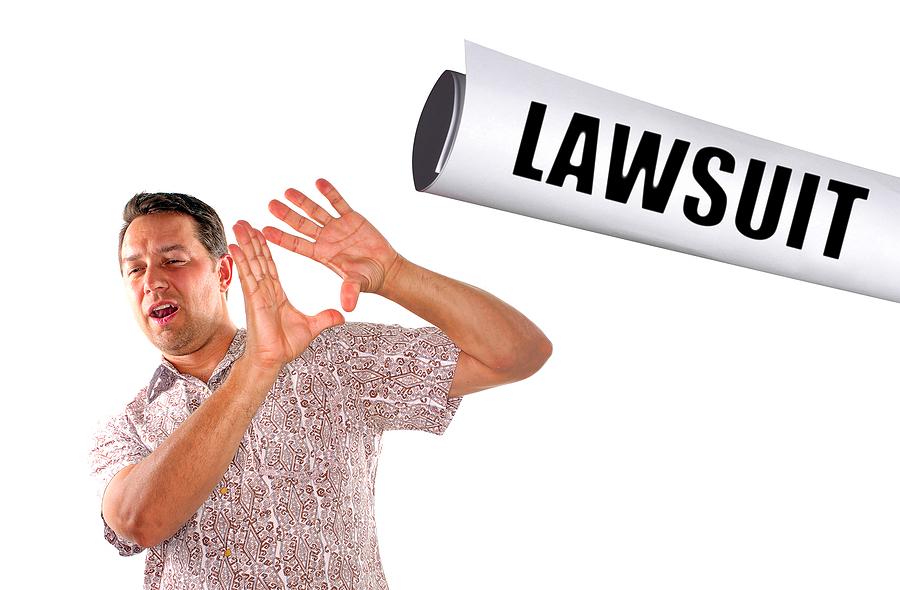Most consumers utilize a credit card at some point in their lives, and many of them carry credit card debt from month-to-month. The amount of credit card debt carried by consumers is growing. It is estimated that around 23.5 percent of all Americans struggle with some type of debt in collections status, according to the Consumer Financial Protection Bureau (CFPB), and much of this debt involves credit card debt. If a consumer is on the receiving end of a collections lawsuit for credit card debt, it is important to know how to respond.
A collections lawsuit can vary, depending on the jurisdiction, but, the steps are all fairly uniform. The first thing to expect is the consumer will receive a complaint filed in civil court, along with a summons. This summons should contain a number of important pieces of information including who is suing the consumer, whether any additional co-defendants are a part of the lawsuit, how much money the creditor is attempting to seek, which can include the balance owed, along with interest fees and legal fees, the date of the hearing, and how to file a formal answer or response to the complaint.

